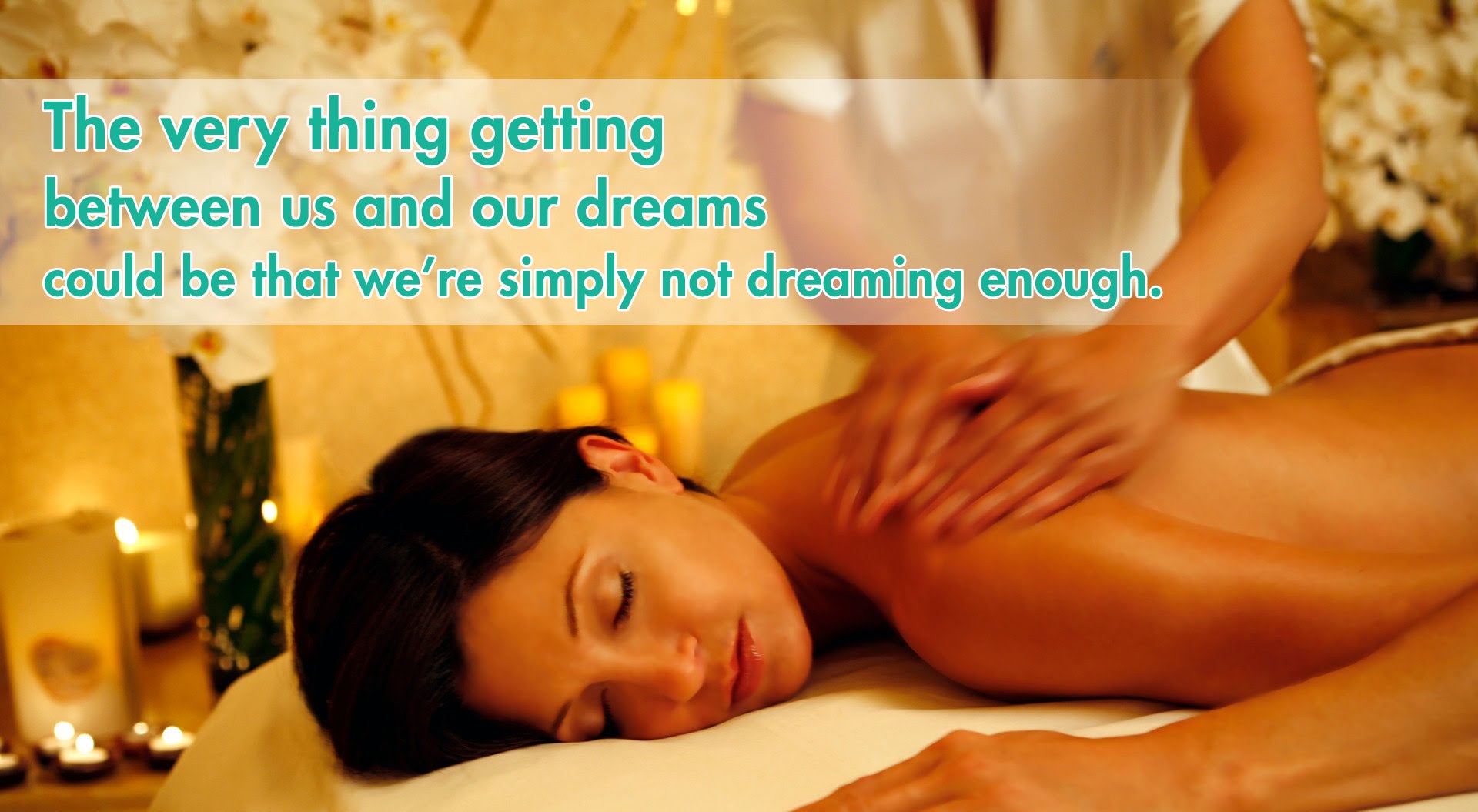Ariana Huffington’s new book, the Sleep Revolution, came out today. Her work brings attention to an issue that so many of us suffer from, but that’s rarely addressed: in her words, “why am I so tired?” It seems obvious, but the answer might just be that we’re not sleeping long and well enough. Better quality sleep is linked to success, lowered stress and anxiety levels, better moods, increased creativity and productivity, better cognitive functioning, and, more generally, a vastly improved quality of life, and, finally, a longer life: though it might seem obvious, getting enough hours of deep sleep can help us truly thrive, but very few of us manage to make time in our lives.
In fact, the very thing getting between us and our dreams could be that we’re simply not dreaming enough. Though the sheer number of gadgets at our disposal and increased demands on our time might be partly to blame, another factor is stress and anxiety. Both can make you tired and induce insomnia, while insomnia will make you more prone to stress and anxiety, creating a vicious cycle from which it’s very hard to break out.
There are lots of practical ways and good habits that you can start integrating into your life to ensure that you start getting better sleep. From resisting the urge to stay up all night to write your essay and insisting on an afternoon nap to purchasing a better mattress and curtains, it’s best to develop a network of strategies to prioritize our quality of sleep rather than rely on a single cure-all.
That being said, getting regular massages can be a surprisingly effective approach. The American Massage Therapy Association takes the approved position statement that massage is indeed effective in helping people sleep, whether they be infants or the elderly, cancer patients and/or neurodivergent individuals. Though massage can seem expensive, failing to get enough sleep is arguably much more costly: judging from the health issues and reduced productivity that it may bring and the poor decisions and emotional stress that it may cause, it is safe to say that lack of sleep robs us from a truly incredibly amount of time and money. Massage not only relaxes the body, but teaches it to be more relaxed. You may not even realize how much tensions you carry in your back, shoulders and muscles, and in fact many of us have plain forgotten what feeling relaxed feels like. Learning to calm your mind and body, in turn, is key to getting better quality sleep, from the moment we first close our eyes to the net amount of REM sleep that we manage to get during the night.
Anne Williams, author of Spa Bodywork and Teaching Massage, says, “Massage helps people spend more time in deep sleep, the restorative stage in which the body barely moves, which reduces the neurotransmitter associated with pain.” Though a few visits to the doctor can help diagnose sleep disorders and other aspects of health that get in the way of getting enough sleep, complementary therapies and lifestyle changes help form a more holistic approach to the problem. After all, the reasons we skip a few hours in bed here and there are not simply physiological, though it is certainly a component. Meditation and mindfulness are two increasingly popular strategies that can help you overcome insomnia and stress, among other problems. Both these techniques cost practically nothing, and they’re easy to integrate into your life: the only accessory you’re likely to need is a comfortable meditation pillow.
Traditional Chinese Medicine and acupuncture treatments have also been effective for treating insomnia and other sleep disorders. Regardless of which approaches you might prefer, establishing a consistent sleeping routine, finally, is invaluable: drinking a hot cup of herbal tea and lighting a stick of incense, for example, alert your body that it is time to sleep through sensory associations. All rights reserved for Lierre Blog.



